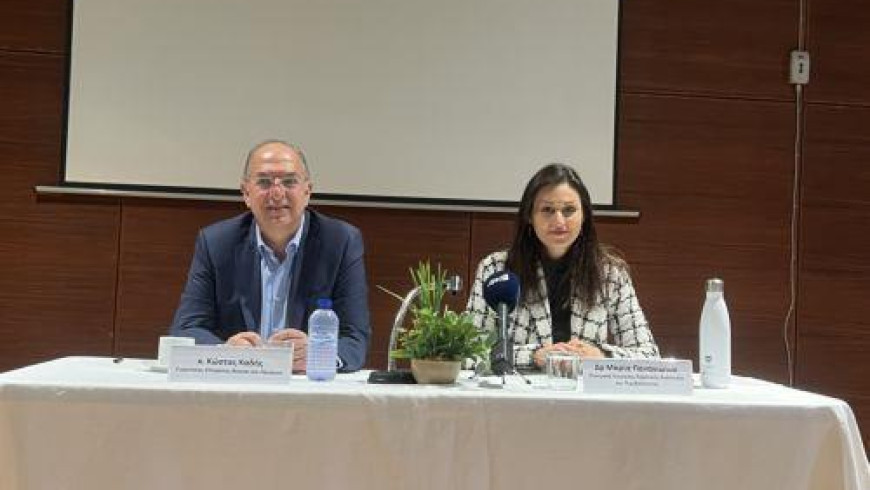
Interior Minister Konstantinos Ioannou expressed confidence that the operations of the District Self-Government Organizations (RSOs) will start smoothly, following his first meeting with their newly elected Presidents. However, he cautioned against setting overly high expectations, acknowledging that the initial phase is likely to be faced with challenges.
“I am confident we will start on the right footing. There may be some initial issues, as with any reform—something I can tell you from my experience implementing the National Health System (GeSY). There will be some difficulties at the beginning,” said Ioannou, who has also served as Minister of Health in the previous government.
He emphasised the need for patience, assuring that significant changes will become evident within weeks, particularly in the areas of licensing, sewage, and water supply services.
The Minister noted that as of the evening of June 9, the Ministry has intensified its efforts in preparation for the major local government reform. He highlighted that the most significant challenge of this radical reform was the successful transfer of development licensing, currently handled by 10 different urban planning authorities and 36 building authorities and three different organisations.
From July 1, these responsibilities will be managed by the five new Self-Government Organisations, which as the Minister said, was expected to lead to substantial savings in both time and cost for issuing licenses over time.
Responding to concerns about potential delays in licensing during the transition period, Ioannou explained that there are currently 35,000 pending applications—10,000 with urban planning authorities and 25,000 with municipalities. He clarified that these applications would still exist whether or not the reform proceeds. The difference, he added, “is that the new organisations will have 35% more staff, streamlined processes, and centralized operations”.
Despite these concerns, the Minister expressed confidence that the consolidation under a single organisation, with additional staff and simplified procedures, will result in much faster processing of a larger number of applications. Over time, this will reduce the time required for urban planning and building permits.
“This is a goal we aim to achieve with the reform,” said Ioannou.
The Minister added that they have been briefed by the managers of the five regional organisations about the preparations undertaken. However, he noted that there were different challenges in each district and varying degrees of implementation of the necessary actions.
Nevertheless, he mentioned that there are still two weeks left, during which several tasks need to be completed, such as relocating staff, transferring all files, and many other logistical details, to ensure proper operation from July 1.














 3287.99
3287.99 1275.09
1275.09
